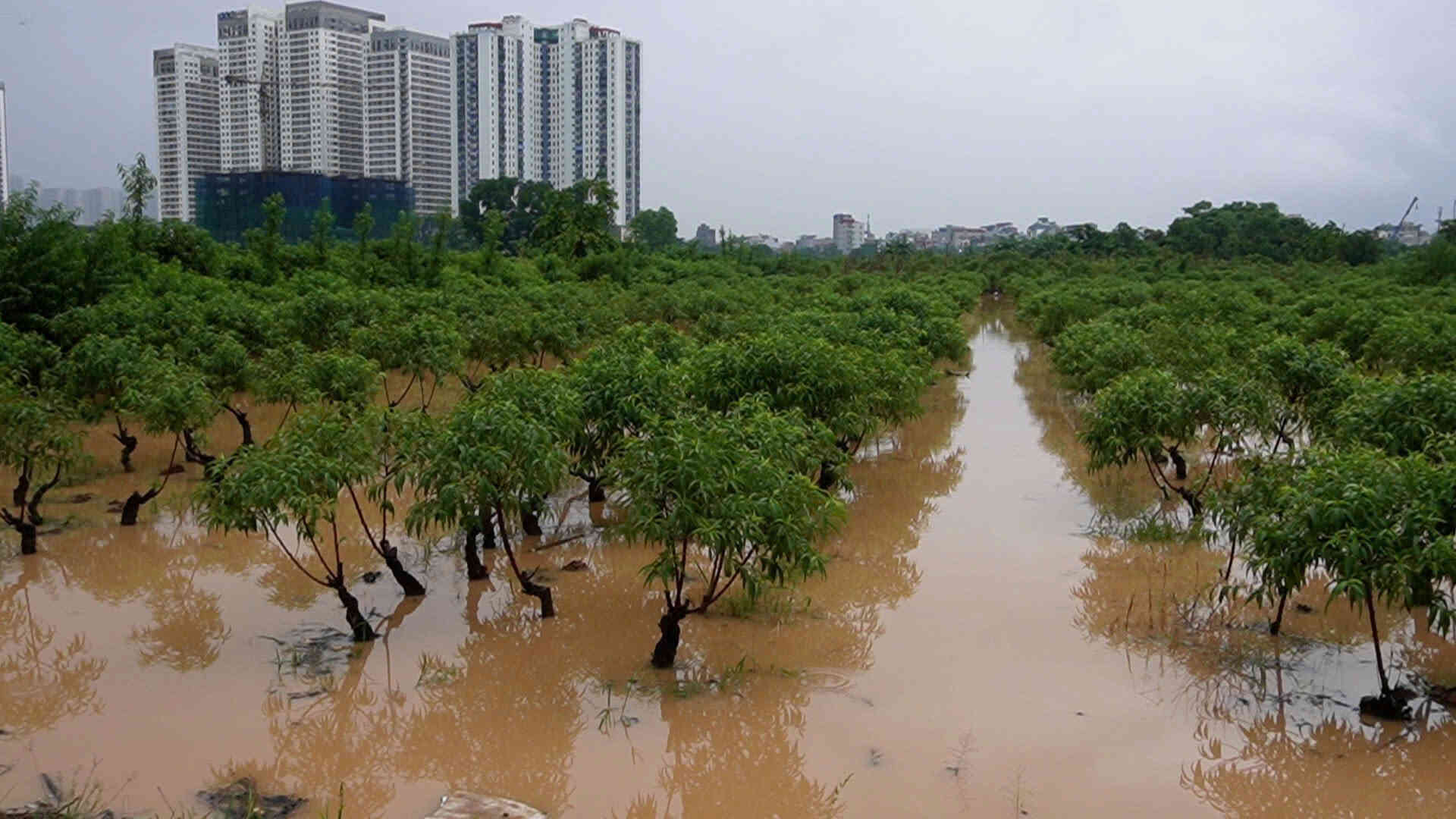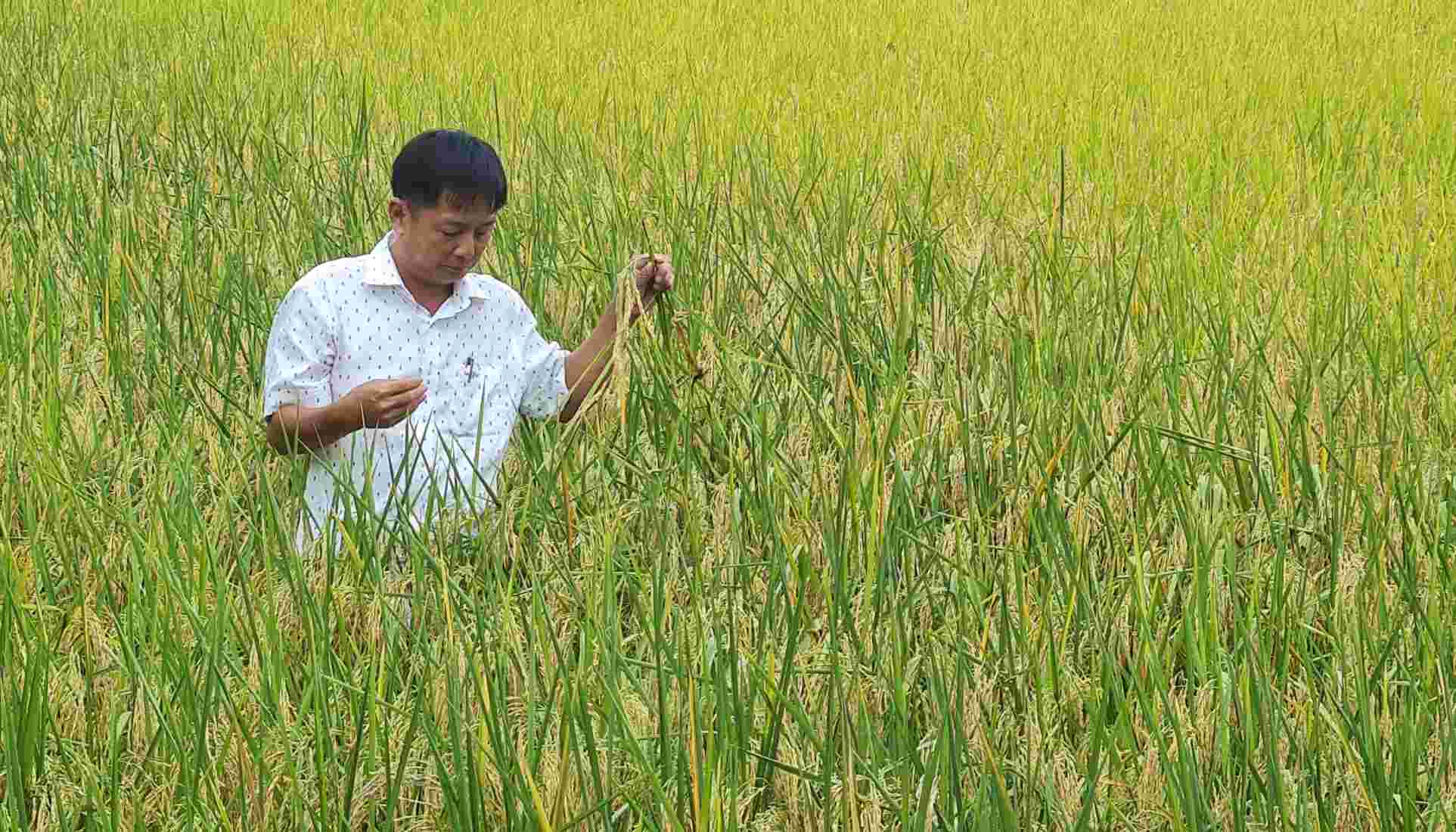Currently, the domestic and world economies are witnessing many fluctuations, along with non-traditional security challenges.
Vietnam's agricultural sector is facing many difficulties such as shrinking development space, population aging, complicated climate change and environmental pollution at alarming levels.
In the context of Vietnam entering an era of rising up, the Institute of Strategy and Policy on Agriculture and Environment (ISPAE) determined that the inevitable trend of the agricultural sector is to transition to ecological agriculture, a circular economy, meeting increasingly strict "green" standards from major export markets.

The general orientation for the coming period is to continue to participate extensively in international integration and implement Free Trade Agreements (FTAs).
At the same time, put science and technology, innovation at the center, create a breakthrough in plant and animal varieties, livestock, apply artificial intelligence (AI), big data, supply chains and build institutions, administrative reform, create a favorable environment for private enterprises and cooperating economies to access equal resources.
According to ISPAE, it is necessary to change the mindset from agricultural production to agricultural economic development, digital transformation will be applied throughout the production and consumption chain. The focus is on developing green, organic, circular, high-tech agriculture, at the same time, building large raw material areas, focusing on strongly developing the seed production industry and reorganizing production in the direction of the farm and cooperative economy.
Improving farmers' lives also plays an important role in the development of the country's agriculture. The policies to be implemented soon need to focus on creating a favorable environment, supporting farmers to improve their management capacity, and convert to production and business according to the value chain, applying high technology. Vocational training has been comprehensively innovated, multi-disciplinary, multi-skills, meeting market demand.

The Institute aims to develop rural areas in a modern, civilized direction and preserve cultural identity. The agricultural sector will promote the modernization of infrastructure, handling environmental pollution, developing industry and services in rural areas, especially the agricultural processing industry. The policy also focuses on improving the quality of education, healthcare, culture, sports and gender equality.
In addition, land use planning will be reviewed, strictly protecting agricultural land funds, strengthening supervision, and strictly handling acts of destroying resources. The digitalization of resource data will be promoted to build a transparent and effective management system.
In order to protect the environment and adapt to climate change, the Institute has a policy of promoting socialization, encouraging businesses and communities to participate in environmental protection. Solutions focus on building multi-purpose infrastructure, developing a green economy, a circular economy, implementing carbon capture models and establishing a carbon credit market.
In addition, in the plains, mountainous areas and coastal areas, in the coming time, a monitoring and warning system for air, water, soil pollution and livelihood models to adapt to climate change will be deployed, towards the goal of net zero emissions by 2050.
On the occasion of the 80th anniversary of the Agriculture and Environment Day and the 1st Patriotic Emulation Congress, the Ministry of Agriculture and Environment will organize a series of events lasting from July to December 2025. The focus is on the 80th Anniversary of the Agriculture and Environment sector and the 1st Patriotic Emulation Congress, held on the morning of November 12, 2025 at the National Convention Center (Hanoi) with more than 1,200 delegates attending.











